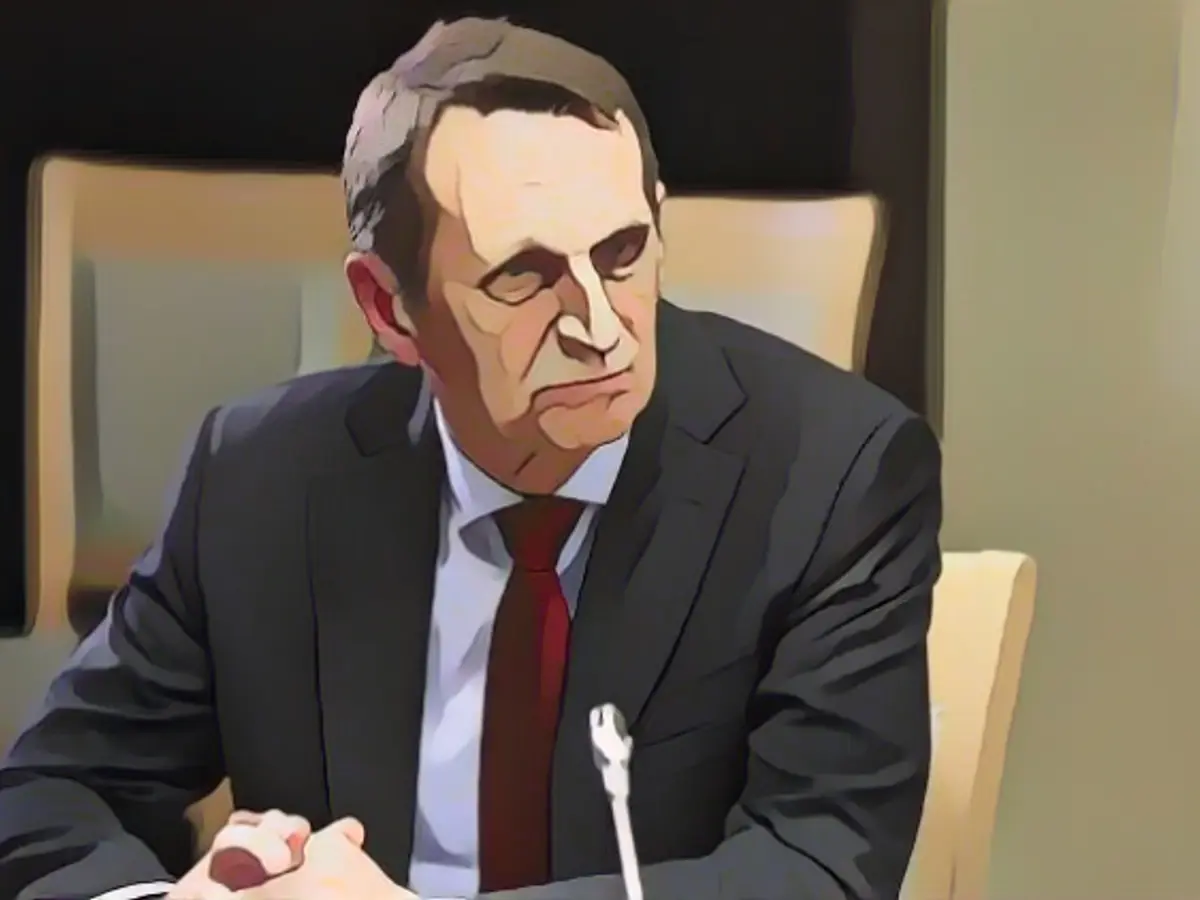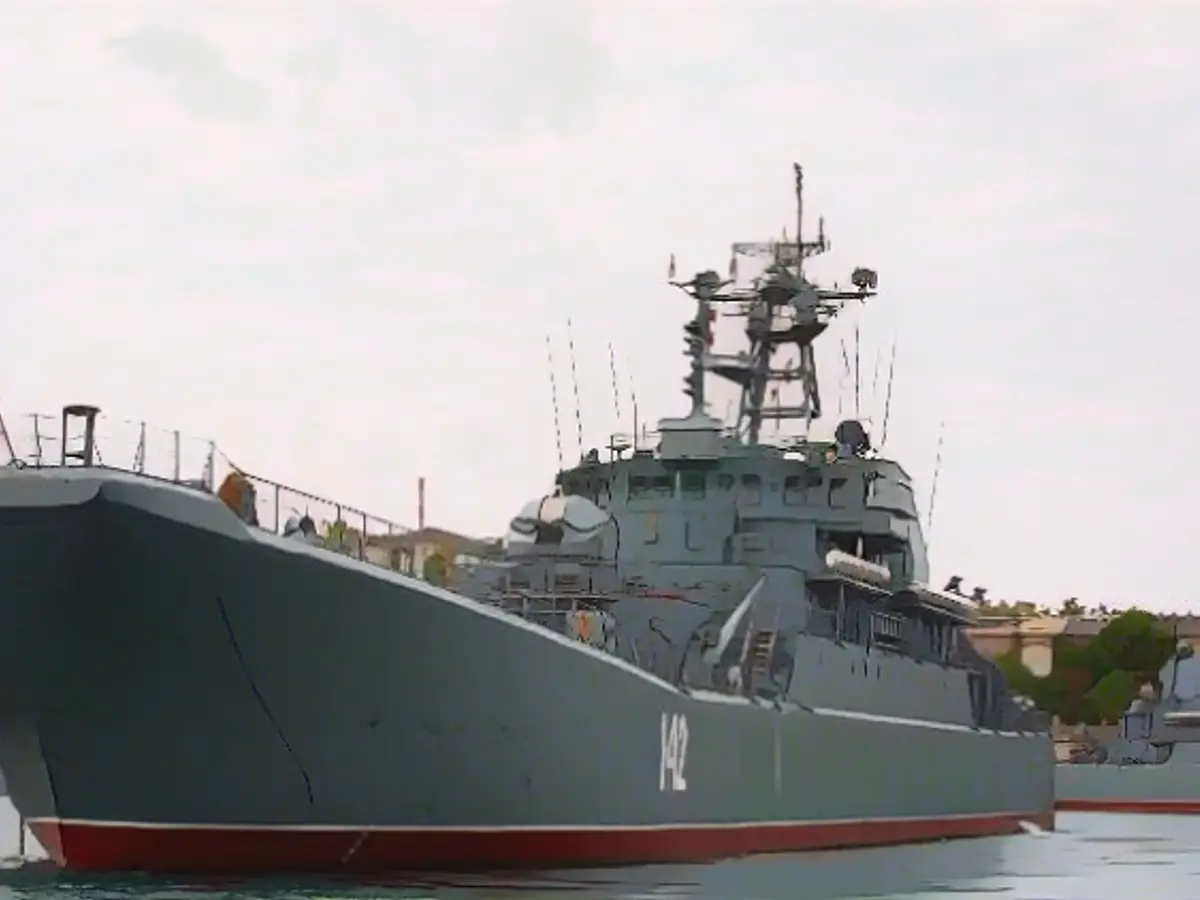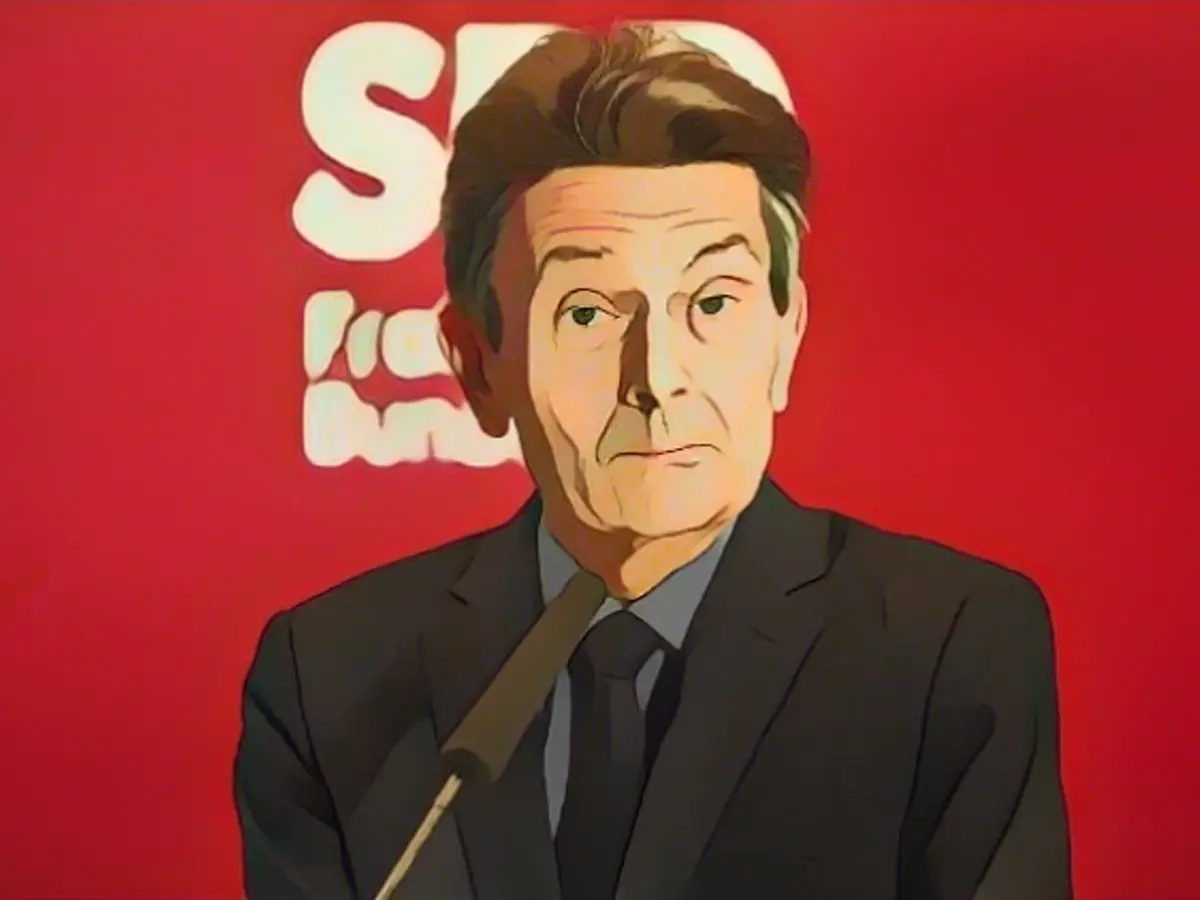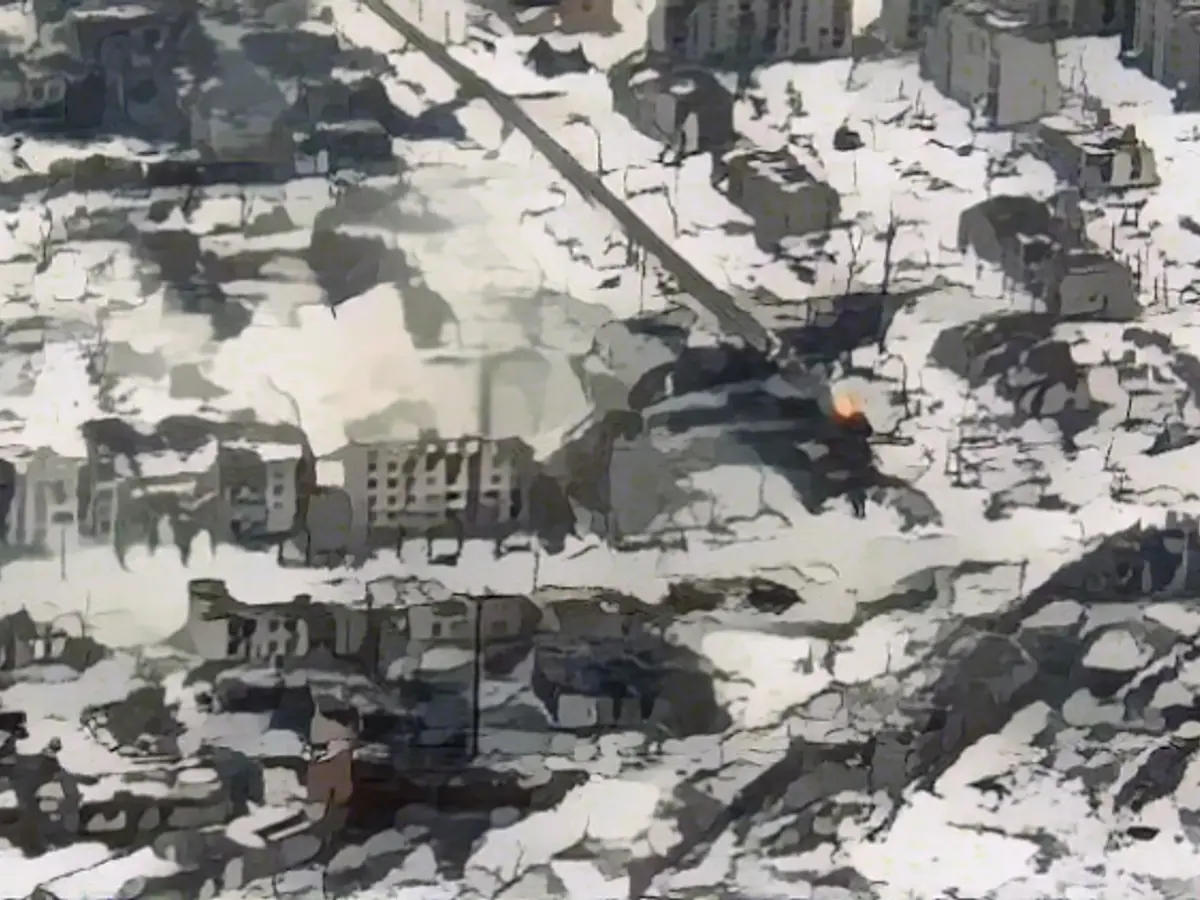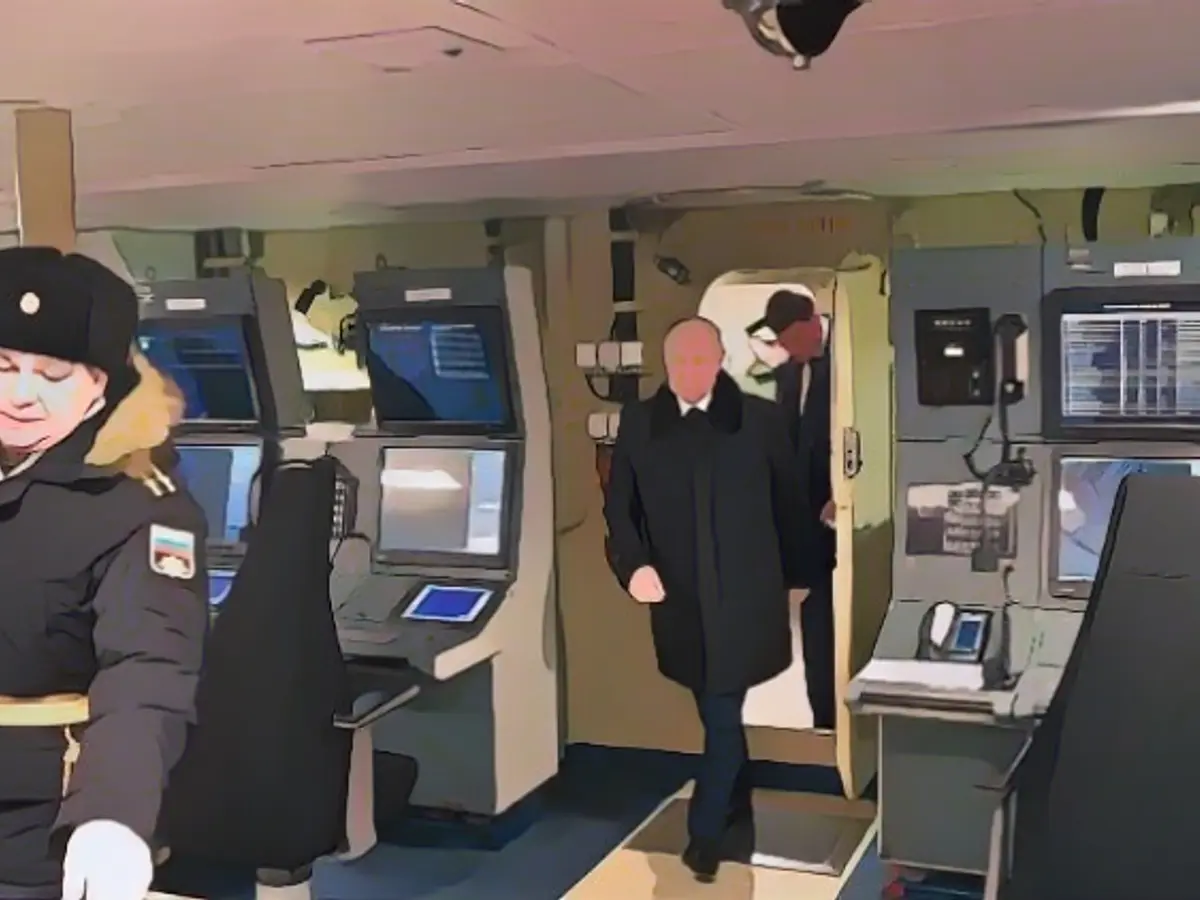USA-Ukraine Standoff: Could It Turn into "Second Vietnam" for America?
The United States is currently grappling with internal debates regarding the future of support for Ukraine in its ongoing conflict against Russia. The Republican party has temporarily put on hold a multi-billion dollar aid package, a move that Moscow sees as an opportunity. The Russian foreign intelligence service (SVR) chief, Sergei Naryshkin, predicts a "second Vietnam" scenario for the USA as a consequence of its heavy involvement in Ukraine.
"Ukraine will transform into a 'black hole' that ingests increasingly more resources and people," Naryshkin stated in a briefing shared by SVR's in-house magazine. He further suggested that the U.S. risks creating a "second Vietnam" and any succeeding American administration will inherit this challenge.
The Vietnam War served as a proxy conflict during the Cold War, with the United States fighting alongside South Vietnam against communist forces from the North, which were backed by the former Soviet Union and China. The conflict culminated in 1975, concluding with a humiliating defeat for the USA, a memory that still haunts many Americans.
The White House has urged the Republican party to rescind their blockade on the aid package. President Joe Biden warned that a Russian invasion of Ukraine could result in further attacks on NATO allies. If this scenario unfolds, it may prompt "something we are not looking for and don't have today: American troops fighting Russian troops," the president dared to foresee.
The Republican party's initial blockade on a billion-dollar aid package for Israel and Ukraine has become a source of concern for some Americans. The Conservatives' rejection of a combined 106 billion dollar proposal in a Senate procedural vote is attributed to ongoing disputes over immigration policy and border security concerns with Mexico.
Russia hopes to leverage this standstill in the U.S. Congress to perpetually block further assistance to Ukraine. Kremlin spokesperson Dmitry Peskov accused the U.S. of squandering funds in the "furnace of Ukraine war."
Additional Insights
Putin's spy chief's ominous warning is grounded in the intricate dynamics of the ongoing conflict between Russia and Ukraine, as well as broader geopolitical tensions. A few key factors are worth noting:
- Geopolitical Context: The conflict in Ukraine is part of a broader geopolitical landscape, characterized by strategic competition between the United States and Russia. The U.S. has been attempting to negotiate a resolution with Russia, but progress has been slow and challenging.
- Russian Interests: From Russia's perspective, the conflict in Ukraine is about ensuring its own security and interests in the region. Russia has consistently called for Ukraine's recognition of its territorial realities and a commitment to permanent neutrality.
- Western Support: The Western response to the conflict has been characterized by significant military and economic support to Ukraine, including arms, training, and intelligence assistance. Russia views this support as an escalation of the conflict.
- U.S. Involvement: Naryshkin's prediction reflects Russia's concerns about the potential costs and consequences of the U.S. deepening involvement in Ukraine. The fear is that the U.S. could become embroiled in a protracted and costly conflict, similar to the Vietnam War, which many Americans still view as a national tragedy.
- Divided Perspectives: The EU is divided on the issue, with some members advocating for an increased Western presence, while others are more cautious. The ramifications of the current standstill in the U.S. Congress could further exacerbate these divisions and complicate any potential resolution.
In conclusion, Putin's spy chief's prediction of a "second Vietnam" for the United States due to its involvement in Ukraine carries weighty implications for both Russia and the U.S. The ongoing tensions in the region, as well as the geopolitical landscape, add layers of complexity to an already challenging situation.
